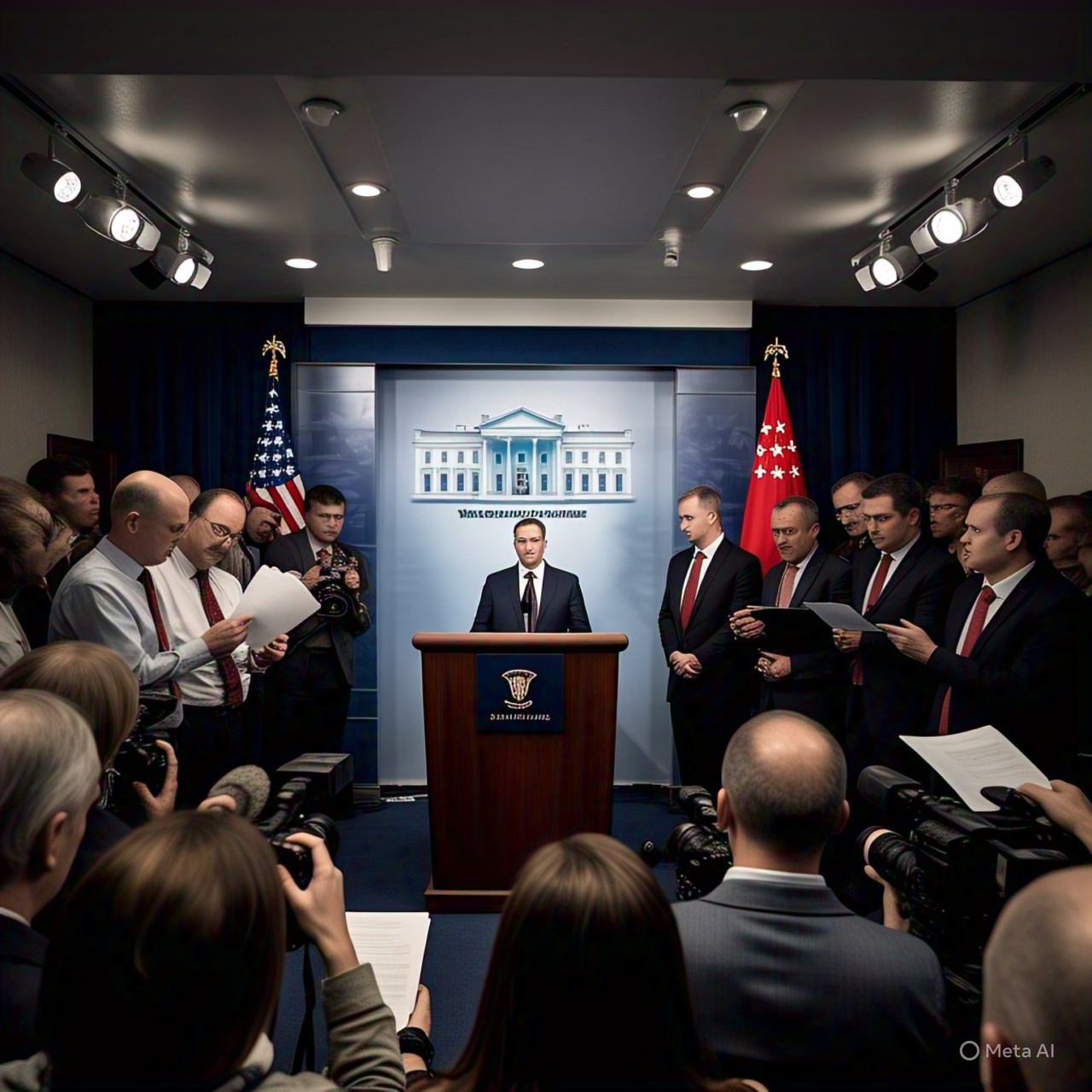The White House boasted of a “China trade deal” on Sunday — without release of specifics — after two of America’s most senior officials hinted at an agreement with China after weekend negotiations between the nations in Switzerland.
“U.S. Announces China Trade Deal in Geneva,” was the White House headline for a transcript of Treasury Secretary Scott Bessent’s and U.S. Trade Representative Jamieson Greer’s statements to the press.
Bessent and Greer had set an upbeat tone on the status of a possible trade deal with China, with the administration promising to give more information on Monday. While Greer spoke in terms of “agreement” and “deal,” neither representative offered specifics. China has yet to publicly comment on whether the two nations have reached a deal.
I’m pleased to say that we made significant progress between the United States and China in the very significant trade talks,” Bessent said to reporters, going on to say that “the talks were productive.”
Throughout Bessent and Greer’s short comments — which lasted more than two minutes — Greer seemed to allude to a deal between the two sides as he praised the talks as constructive.
“Those were, as the secretary noted, extremely productive two days,” Greer stated. “It’s worth noting how rapidly we were able to reach consensus, and that speaks to the possibility that perhaps the chasm wasn’t as wide as possibly imagined. Having said that, there was a lot of laying of the groundwork that led into these two days.”
Greer went on, citing a trade deficit with China and that “we’re confident that the deal we struck with our Chinese partners” would assist the U.S. “work toward solving that national emergency.”
In April, Trump made the announcement that “foreign trade and economic practices have created a national emergency.”
A spokesman for the Chinese Embassy in Washington, D.C., did not have an immediate response to a request for comment on Sunday. Repeatedly contacted for additional information, a White House trade representative told NBC News to refer to Greer’s statement on being confident in the deal.
Bessent reported speaking with Trump on Saturday and that the president was “fully informed of what is going on.
Heading into the weekend, White House officials indicated they were eager to negotiate, even as they insisted the U.S. would not unilaterally lower the duties without concessions from the Chinese.
“I think we’re going to have a good weekend with China,” Trump said during Thursday’s presentation of a preliminary U.K. trade agreement.
De-escalating, getting those rates down to where they can, where they ought to be, I believe it’s Scott Bessent’s objective,” Commerce Secretary Howard Lutnick said to CNBC on Friday. “And that’s what the president hopes is a positive development; it’s a de-escalating world where we get back to each other and then we negotiate a big deal together.”
Though Trump has sought to dial back the belligerent stance he showed during his “Liberation Day” speech in February, detractors assert the new tack has instead been characterized by hesitation and half-steps. Capital Economics analysts cited Thursday’s preliminary deal between the U.S. and the U.K. as proof of “Trump’s desperation to demonstrate progress on trade.”
“President Donald Trump and PM Keir Starmer’s eagerly touted ‘full and comprehensive’ US-UK trade deal announced today is no such thing,” the analysts said in a client note immediately after the deal was revealed. “As Trump conceded in his press conference, the ‘final details’ are still to be ‘written up in the coming weeks.’
The whirlwind trend was repeated Friday, when Trump took to social media to tweet that lowering tariffs on Chinese imports from 145% to 80% “seems right,” before White House press secretary Karoline Leavitt clarified later in the day that the number was just one the president “threw out there.”
Bessent has already described Trump’s tactic as “strategic uncertainty.
And in a Truth Social post on Friday, Trump described the deal with the U.K. as “AMAZING for both Countries,” revealing that the parent company of British Airways had ordered $10 billion in new Boeing aircraft, although airline parent company officials at IAG have indicated the order was not the result of the trade talks.
“We’re going to make a fortune with Tariffs, only smart people understand that,” Trump wrote.
The U.S. tariff rate on China climbed to 145% last month, after the president signed an executive order imposing 125% duties on all imports from that nation on top of 20% duties imposed at the outset of his second term in response to China’s alleged inaction on fentanyl flows.
China, for its part, retaliated with 125% tariffs on American imports and vigorously denounced the tariff moves of the Trump administration, declaring it would no longer retaliate with higher increases.
China might already be finding a mechanism to bypass the 145% duties. Last Friday, it reported that its exports had increased 8.1% on a year-on-year basis in April as there was a deluge of shipments to other members of the Southeast Asian region. That is an indication that China might just be employing a trans-shipment scheme to bypass the duties, as per experts interviewed by CNBC.
It is still too early to predict if American stores will start fearing shortages but logistics company Flexport last week indicated that carriers of the Pacific Ocean were retreating capacity “faster rates than COVID” ahead of softened demand.

